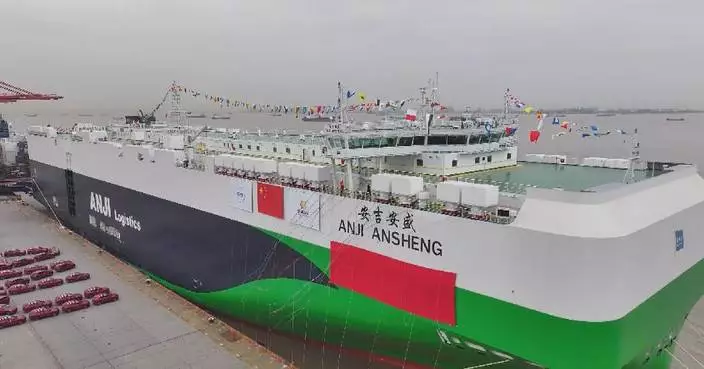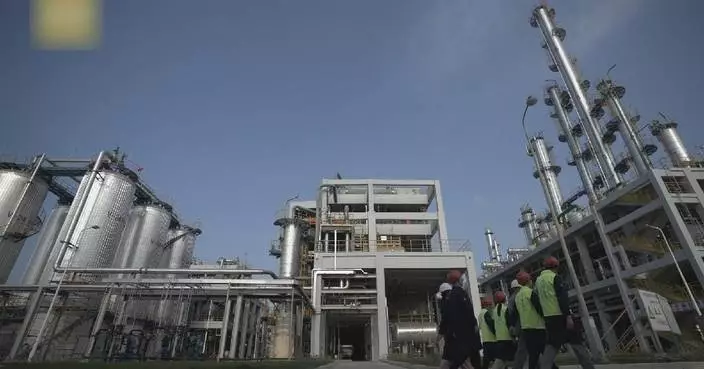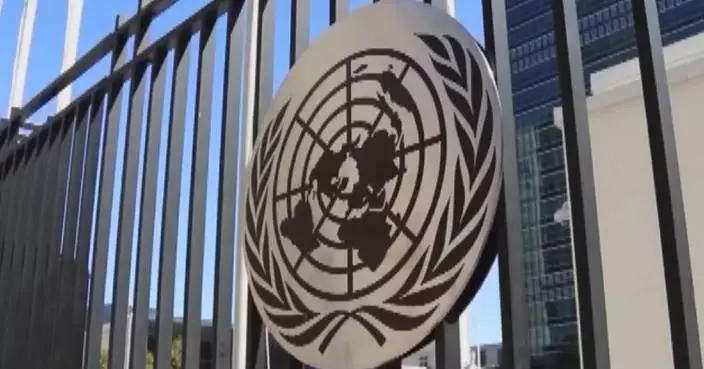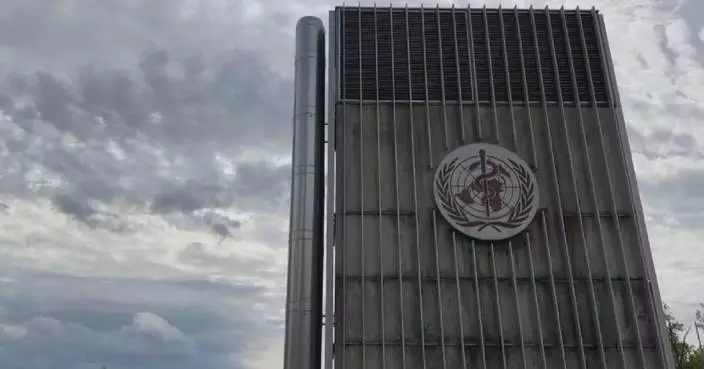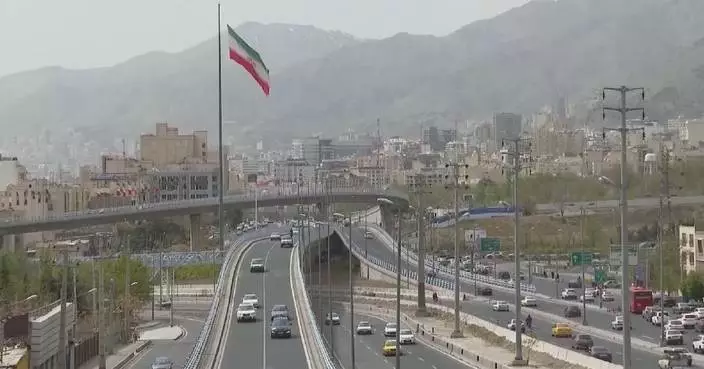The targeting of Lebanese citizens in simultaneous pager explosions in the Arab state has provoked rapid and widespread international condemnation and marked an extremely concerning escalation in the Middle East.
At least nine people were killed, and over 2,800 others, including Hezbollah members, were wounded on Tuesday in different areas of Lebanon as their pagers exploded, said Hezbollah officials.
Elnashra news website reported that the son of Hezbollah parliamentarian Ali Ammar was among those killed, and Iranian Ambassador to Lebanon Mojtaba Amani was among the injured.
Israeli military targeted the batteries of these pagers, leading to their explosions, said the report, adding the injured were being transferred to hospitals.
In a statement, Hezbollah said it is conducting security and scientific investigations to identify the reasons behind these explosions, adding that the group is "at the highest level of readiness to defend Lebanon and its people."
Stephane Dujarric, spokesman for the UN Secretary-General Antonio Guterres, said they deeply regretted any civilian deaths. Jeanine Hennis-Plasschaert, the current UN Special Coordinator for Lebanon, expressed in a statement that the attack "marked an extremely concerning escalation" in the conflict.
Iranian Foreign Minister Seyyed Abbas Araghchi on Tuesday strongly condemned the "terrorist action by Israel," and expressed solidarity and extended condolences to Lebanon, voicing Iran's readiness to provide assistance to treat the injured or transfer them to Tehran.
On the same day, Jordan's Deputy Prime Minister and Foreign Minister Ayman Safadi also noted the country's readiness to provide any necessary medical assistance to the Lebanese and emphasized the urgent need for de-escalation in the Middle East.
In addition, Egyptian Foreign Minister Badr Abdelatty reiterated his warning of the potential for escalating regional conflict into a full-scale regional war in the Middle East.
During a press briefing at the State Department on Tuesday, U.S. State Department spokesman Matthew Miller said the U.S was not involved in the incidents and did not know who was responsible. He also stressed that civilians must never be the target of military operations.
On Wednesday, Hezbollah once again issued a statement regarding the pager explosions that occurred on the Sept 17, extending condolences to the victims and their families. According to the statement, Hezbollah pledged to retaliate against Israel and planned to launch military operations on Israeli targets as usual on the Sept 18.

Deadly pager blasts in Lebanon provoke widespread condemnation

Deadly pager blasts in Lebanon provoke widespread condemnation

Deadly pager blasts in Lebanon provoke widespread condemnation




